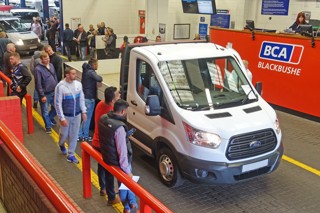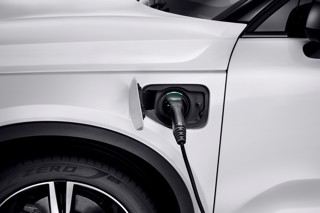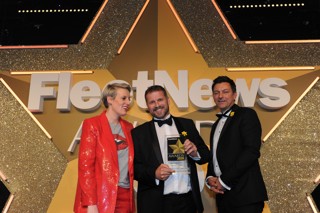Activa Contracts has launched a new web-based company car or cash allowance calculator, giving employers and employees in-depth analysis on the critical costs at the click of a button.
The tool is simple to use, highly visual and quick to calculate and was created in partnership with automotive industry consultancy and tax experts BCF Wessex.
Employer and employee decisions around the financial viability to each party of opting for a company car or taking a cash allowance have been given new significance following the government’s late 2016 Autumn Statement.
From April 2017, employees choosing a company car where a cash alternative is available will be taxed on the greater of the company car benefit or, the cash alternative. However, for arrangements entered into prior to April current rules remain in place up to April 2021.
“Following the Autumn Statement it is even more critical that car or cash allowance decisions made by employers and employees are made scientifically.
“All too frequently employers find it very difficult to arrive at a true cash allowance figure and use a broad calculation often crudely linked to a monthly lease rate, but failing to take into account a number of other key factors notably corporation tax relief. Additionally, employees struggle with analysis because they all too often only compare the headline monthly cash figure entitlement and potential company car benefit-in-kind tax bill when other factors also need to be considered,” said Ian Hill, Activa Contracts’ managing director.
Using Activa Contracts’ database of more than 8,000 cars, the ‘employer cash allowance calculator’ can be customised according to a monthly cash allowance budget, lease term, annual mileage, payment profile, VAT recovery rate and insurance premium. When calculating the monthly cost of a cash allowance, the gross figure is revised for Class 1 National Insurance payments and Corporation Tax relief. Similarly when calculating the monthly cost of a company car the lease rental, maintenance, insurance and Class 1A National Insurance is taken into account.
Furthermore, the tool also calculates the amount of money employees can claim in mileage allowance relief from HM Revenue and Customs if their employer reimburses business mileage at less than the Approved Mileage Allowance Payment rate, which is currently 45p per mile for the first 10,000 business miles and 25p per mile thereafter.
Mr Hill said: “Employees driving their own cars on business trips continue to prove to be an administrative and compliance burden for many employers. We believe a company car remains exceptional value for money for both employers and employees and limits organisations’ risk exposure.
“Basing a company car scheme on whole life costs enables companies to deliver a very attractive scheme to employees, which can prove to be a major employee recruitment and retention tool in a competitive labour market.”





















Login to comment
Comments
No comments have been made yet.